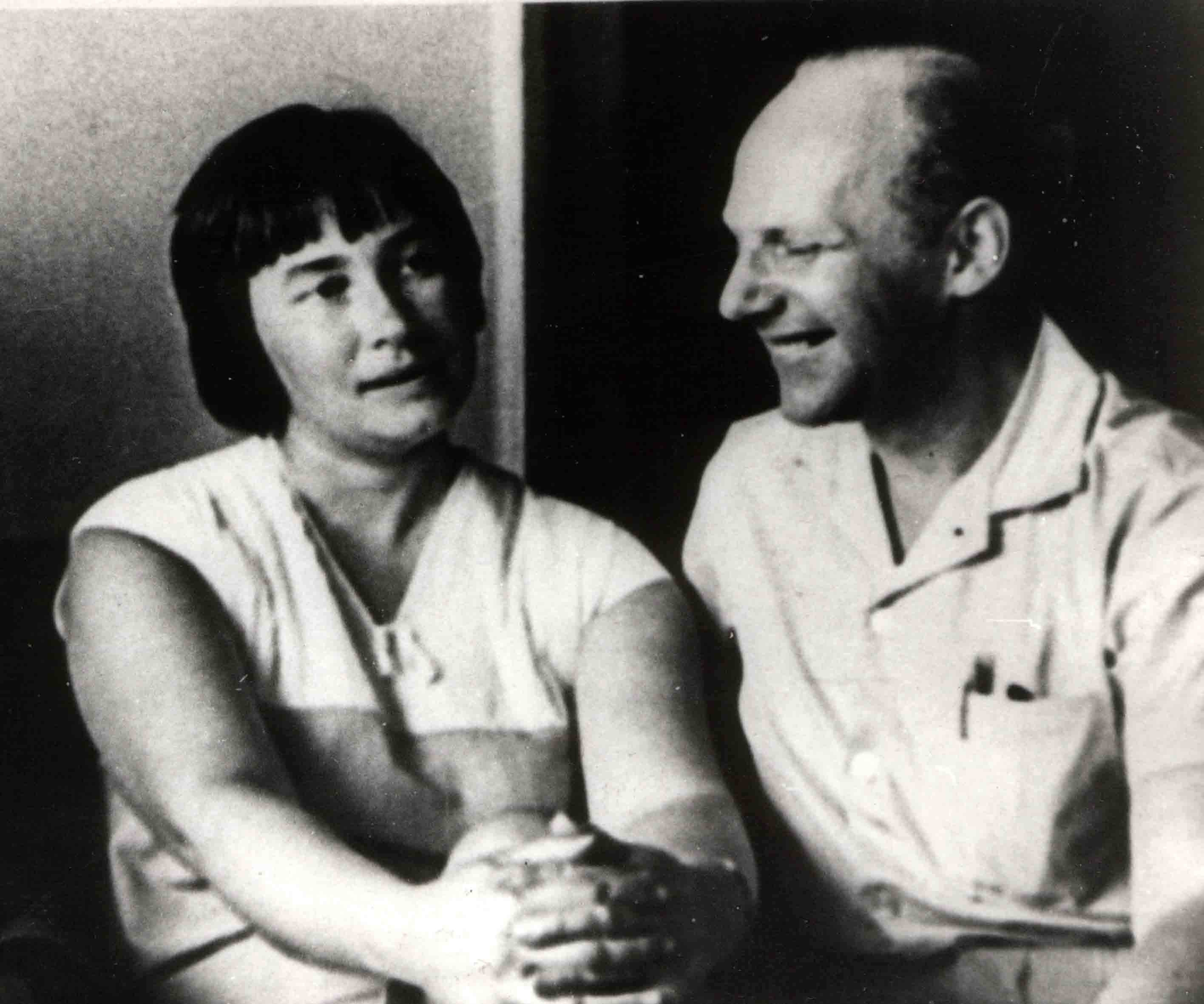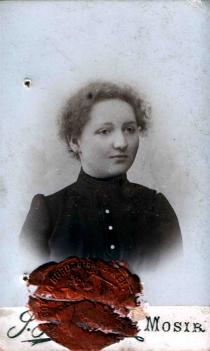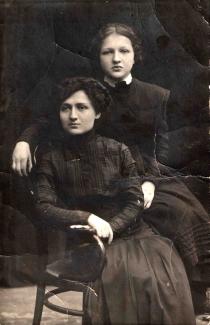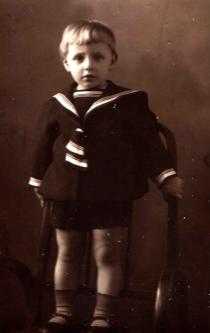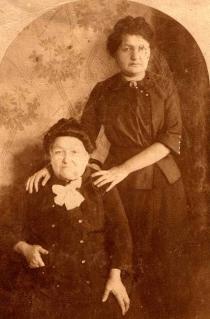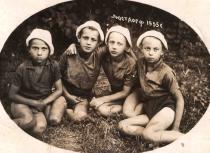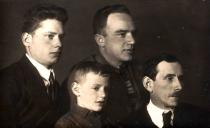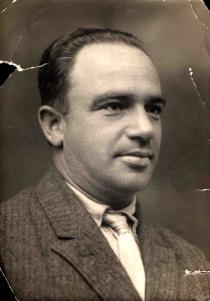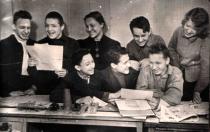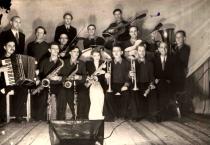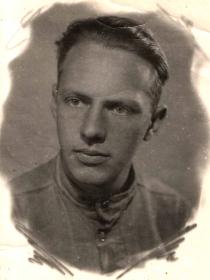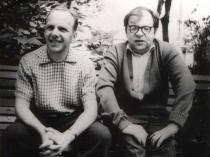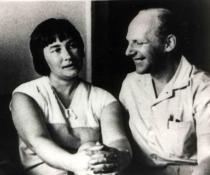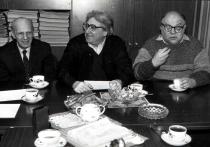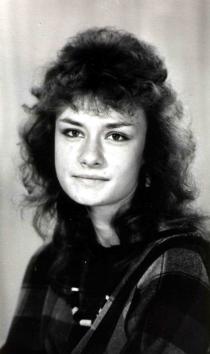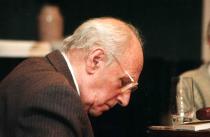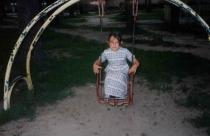This is me and my wife Margarita Nogteva photographed in the House of writers in Moscow in 1970. We came to Moscow from Gorkiy to attend a congress of writers of Povolozhiye region.
I was arrested in spring 1944. I was convicted for anti-Soviet talks. He sentence started as follows: ‘Feeling anger to the Soviet power for his father’s arrest Sherishevskiy had wrong and critical thoughts, did not trust authorities, condemned their actions and had anti-Soviet discussions and is sentenced thereof’. Then it continued: ‘For anti-Soviet propaganda expressed in anti-Soviet discussions with the military and decadent poems qualified under Article 58 Item 10 part 2, he is sentenced to 5 years in a camp and 3 years of limitation of his electoral rights with no confiscation of property due to having no property’. I was put in prison on 22 March, and on 12 May I was exiled.
By 1948 my 5 year sentence expired, but I was still restricted in my rights, and I stayed to work in the ensemble as a civilian. I didn't have a passport, but a paper stating that it had been issued under Articles 38 and 39 for passport provision. It didn't give me the right to live in Moscow, Kiev, Leningrad, Riga, in any decent town. I was paid well and could afford to pay my rent. However, I was not allowed to join trade unions or enter agreements or contracts. I rented an room for 300 rubles. There was work in Salekhard and it was paid well. However, there were no houses constructed for civilian personnel and all engineers and other non-manual workers had to rent rooms from locals. I married Gelia Nikovina in Salekhard. She served as a medical nurse at the front and later finished a College of Culture and had a job assignment of a library director in the north. We divorced in 1968. We had no children. She was a nice person, but I fell in love with another woman.
In 1953 I obtained a passport and moved to Gorkiy with my wife. In Gorkiy I entered the University. I finished the philological Faculty well. I started to have my works published. After the University I got a job assignment to the ‘Gorkovskiy rabochiy’ newspaper [‘the Gorkiy worker’], a central newspaper in Gorkiy where I worked for about 1.5 years. Then I became a free lance writer. I wrote for newspapers and TV and earned my living thus. Some time later my books were published and I joined the union of writers. I could earn my living without having to work in the office. I called myself ‘a parasite with a certificate’. I didn’t put down the poems I composed in the camp. I wrote them down after I was released and had them published in 1991.
In 1971 I moved to Moscow. There was terrible censorship in Gorkiy and I could hardly earn my living. In 1968 I remarried. My second wife Margarita Nogteva is Russian. She was born in Gorkiy in 1936. She kept her surname. She was a poet and a journalist with a standing in literature. We met in the university. In 1969 our daughter Debora was born. Moscow welcomed me. I found a job to be able to support the family. I translated poems and had 50 books of my translations published. I know Ukrainian and Belarussian. I also had my poems published, but it was hard. My books began to be published in 1980. I divorced Margarita 20 years ago, there were reasons. However, we remained in good relationships: we have a daughter and a granddaughter. After divorce I rented apartments. I got my one-bedroom apartment in the middle 1980s.
